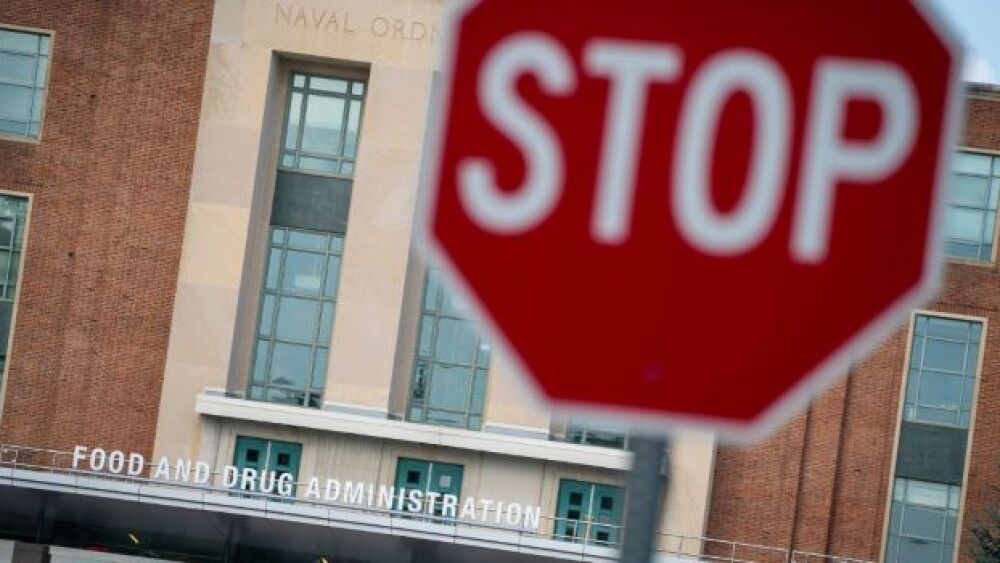Erytech Pharma is abandoning plans to submit a Biologics License Application to the FDA for Graspa in hypersensitive acute lymphoblastic leukemia.
Sarah Silbiger/Getty Images
Erytech Pharma announced Thursday it is abandoning plans to submit a Biologics License Application to the FDA for Graspa in hypersensitive acute lymphoblastic leukemia (ALL). The decision came after discussions with the regulator.
Erytech presented positive data from a Phase II trial of Graspa (eryaspase) at the 2020 American Society of Hematology annual meeting. The study was sponsored by the Nordic Organization for Paediatric Haematology and Oncology (NOPHO). The company then initiated talks with the FDA regarding Graspa to treat ALL patients who had previous hypersensitivity reactions to pegylated asparaginase therapy.
In June 2021, Erytech met with the FDA to discuss a BLA, with plans to submit it after supplying more data requested by the regulator and agreeing on an Initial Pediatric Study Plan (iPSPS).
Erytech reported that after receiving the iPSPS, submitted in July, the FDA requested more data. Ultimately, the company has decided not to pursue the BLA. Instead, it plans to focus on its preclinical programs and strategic partnering opportunities.
“We are obviously disappointed to stop the process of seeking approval for Graspa in ALL after all the work done and clinical promise observed in this indication,” Gil Beyen, CEO of Erytech, said in a statement. Beyen added that “the changing competitive landscape, combined with new FDA’s requests for additional clinical data that would require significant additional resources on our part, led to the difficult decision to stop the development of Graspa in ALL.”
Graspa is L-asparaginase encapsulated inside a donor-derived red blood cell. L-asparaginase is a well-established treatment for ALL, but its toxicity limits its use in the most fragile patients and for other indications. By encapsulating the drug into RBCs, the company believed it could expand its therapeutic window and broaden it to other cancer indications, such as pancreatic and triple-negative breast cancer.
In April, Erytech sold its U.S. manufacturing facility to Catalent, a contract development and manufacturing organization (CDMO). Catalent picked up the commercial-scale cell therapy facility in Princeton, New Jersey, for $44.5 million. The 40 staffers who worked there were offered continued employment with Catalent.
At the same time, Catalent and Erytech inked a long-term supply deal, where the former would manufacture Graspa for clinical and commercial supply in the U.S.
Erytech is still working to develop Graspa for at least one other indication. It has an ongoing Phase I trial evaluating the drug in combination with modified FOLFIRINOX as a first-line treatment for locally advanced and metastatic pancreatic cancer. This study is sponsored by Georgetown University in Washington, D.C. After the first two dose cohorts in the study, the maximum tolerated dose of Graspa with mFOLFIRINOX was determined to be 100 U/kg with no dose-limiting toxicities. The combination also showed early positive signs of efficacy.
In October 2021, the drug failed a Phase III trial in pancreatic cancer patients who received the drug with standard chemotherapy. The trial did not hit the primary endpoint of overall survival (OS) in the intent-to-treat population. The company did, however, cite a positive trend toward improved OS in patients who received the drug with FOLFIRI compared to FOLFIRI alone. Erytech was also running a trial in triple-negative breast cancer but has since terminated that program as well.





